The Anne Misonne School is a unique structure, recognized by the Belgian French-speaking community as “home schooling“. It provides primary education adapted to children with learning disabilities, who do not find their place in ordinary or specialized education. The goal is to lead the children to the maximum of their ability by offering an entirely individualized education.
In 2018, the school received financial support from the “Fonds Alcuin pour l’École” to purchase learning tools appropriate to each individual as well as to finance some work in the school.
The Anne Misonne School is a non-profit organisation that was founded in 1956 by Anne Misonne in Auderghem. In the early 1950s, Anne Misonne was a psychologist working in a centre for children from the juvenile court in Rixensart. She was struck by the lack of training for teachers working with struggling children, who were seen as ignorant. She decided to try to help them in another way, taking charge of a small school for dyslexic children with teaching limitations, which she led in accordance with her principles for more than 20 years.
Anne Misonne primarily advocated respect for children and her goal was to help them with their emotional, personal and family problems through school education. “Every child, whatever their problem, has potential and we must keep all doors open.”
Today, the school is headed by Ms. Foulik de Meeûs and a Board of Directors consisting of three people. It hosts around 24 students, aged 5 to 13, divided into classes of a maximum of 6 children who have various problems and specific needs, and who require a personalized approach and adapted method of teaching. These children have a learning potential but may present difficulties in the following areas: attention disorders, school phobias, autism, learning disabilities such as dyscalculia, dyslexia or language disorders, as well as family disorders.
A team made up of qualified teachers, psychologists, speech therapists as well as some enthusiastic volunteers strive day after day to understand, teach and stimulate the children both intellectually and socially, so that they can build or rebuild themselves, in order to let them participate in their own way in the world around them.
The school does not receive any subsidies from the Belgian French-speaking community. It is financed by private donations and by the parents’ fees, which allows for the implementation of certain activities such as music therapy, art therapy, occupational therapy, and access to a swimming pool as well as the purchase of equipment for children such as games, art therapy equipment, educational equipment or the purchase of furniture.
The proposed pedagogy is adapted to each child in order to lead them as far as possible with objectives and a precise and individualized school programme, building and restoring the child’s confidence through a positive valuation of their work. The school makes every effort to ensure that the child progresses with confidence according to her/his needs and abilities.
Each teacher sets up an individualized educational project using active methods as well as daily monitoring of learning with homework and lessons. Assessments and reports are organized for parents after each period and the team regular reassesses the child’s needs. The reputation of the Anne Misonne school is gradually being built on the basis of both the children’s academic as well as emotional progress.
More information is available on the website.
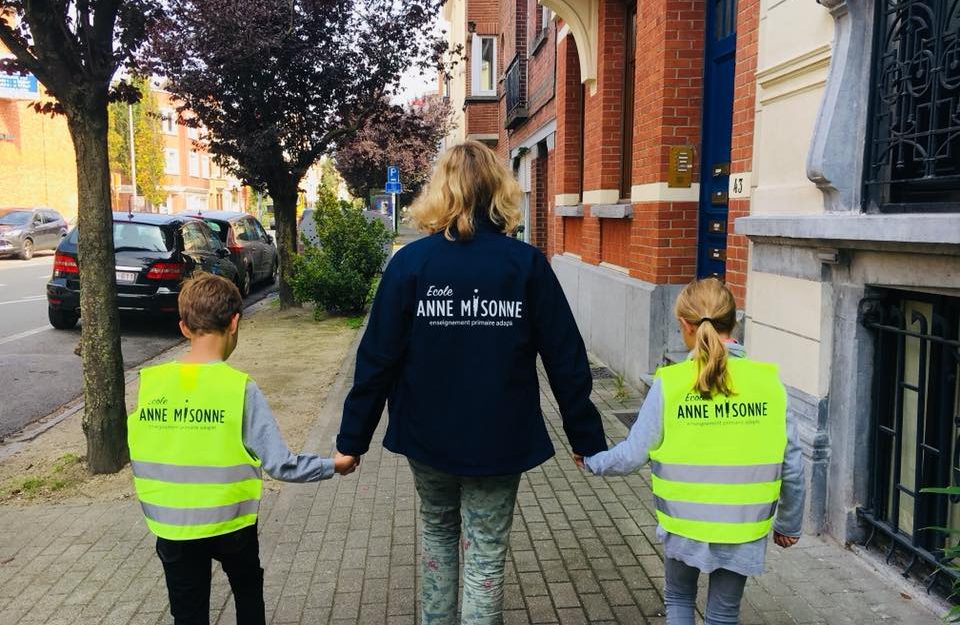
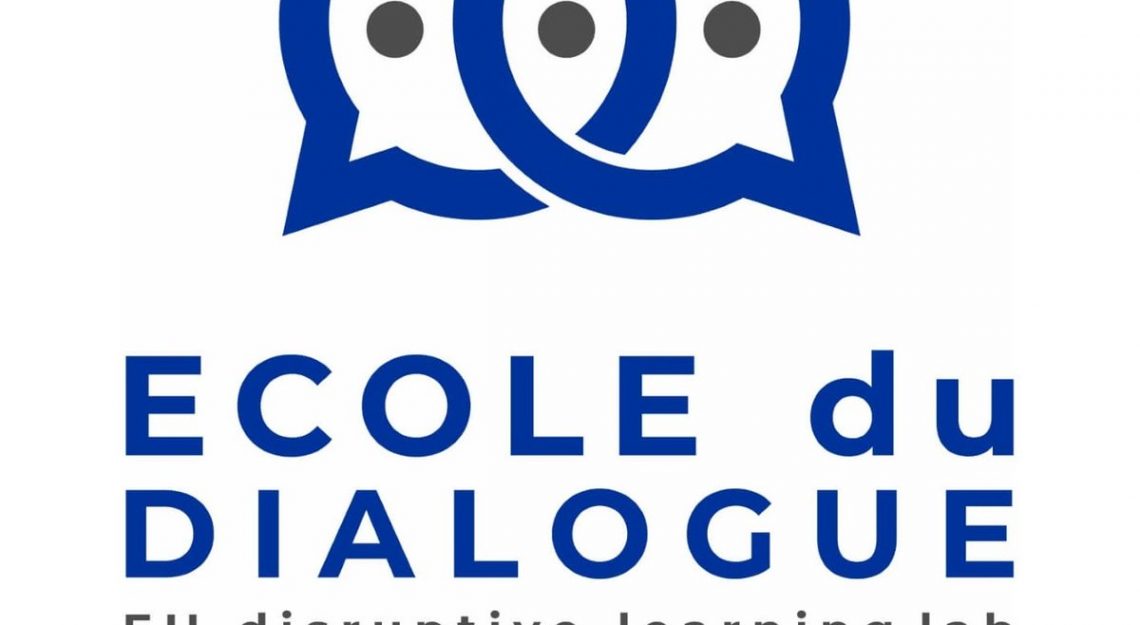
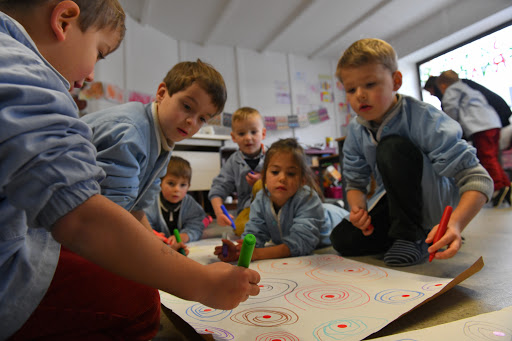
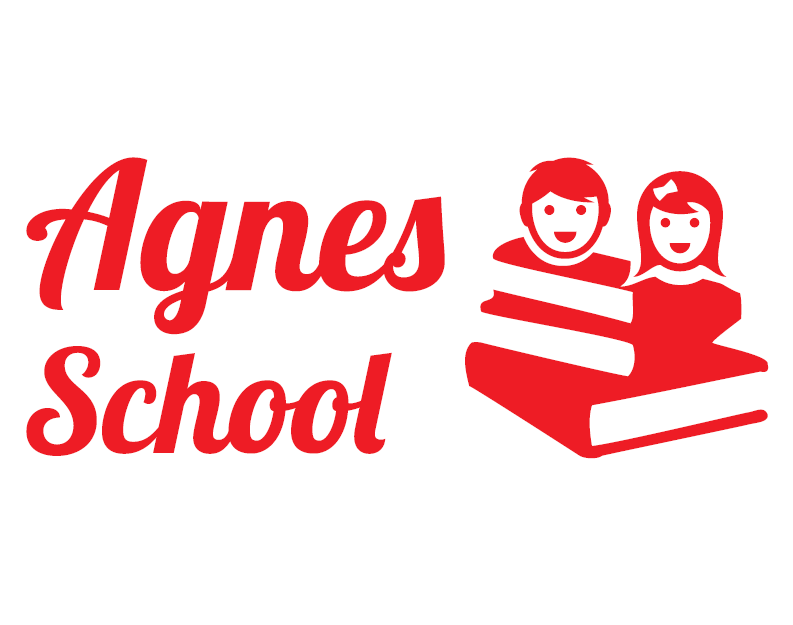
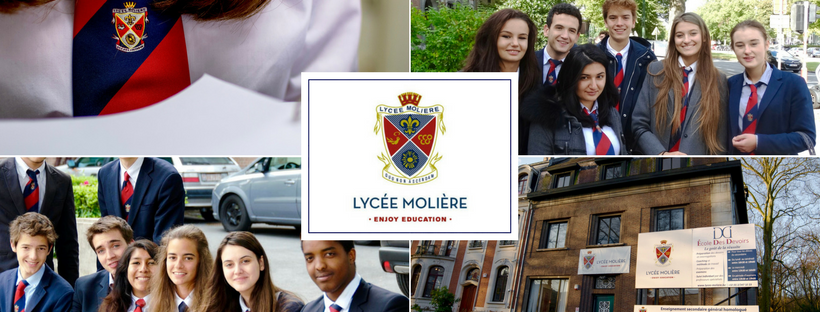
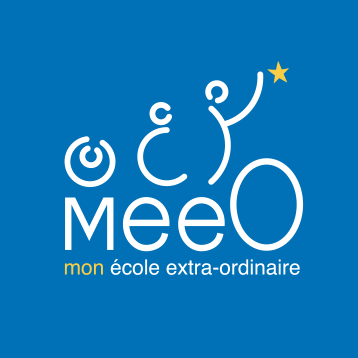
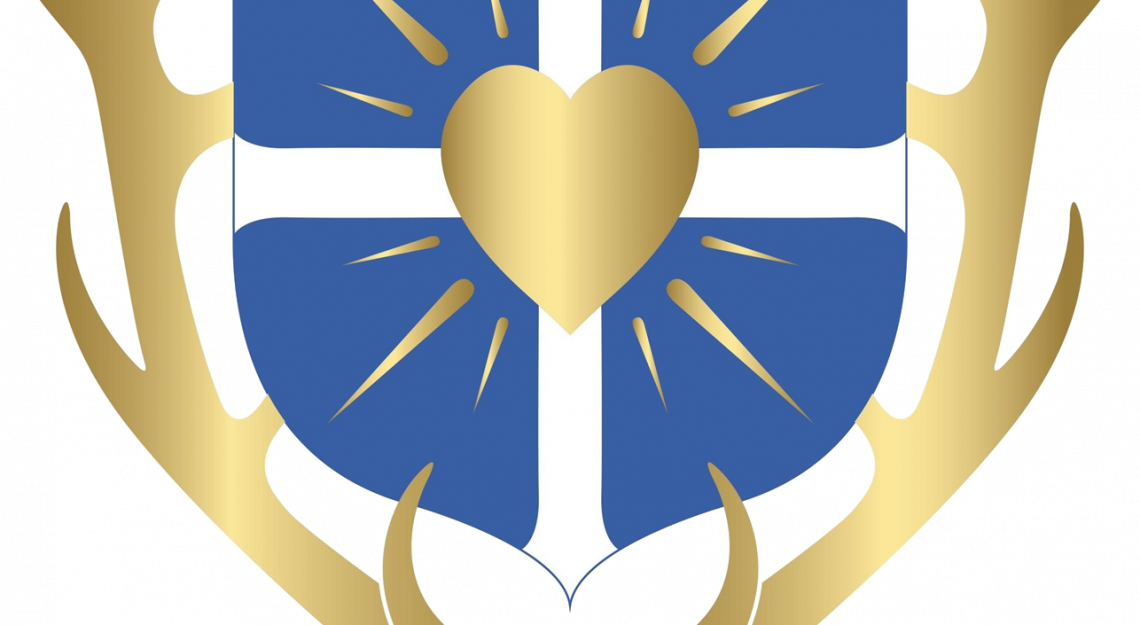
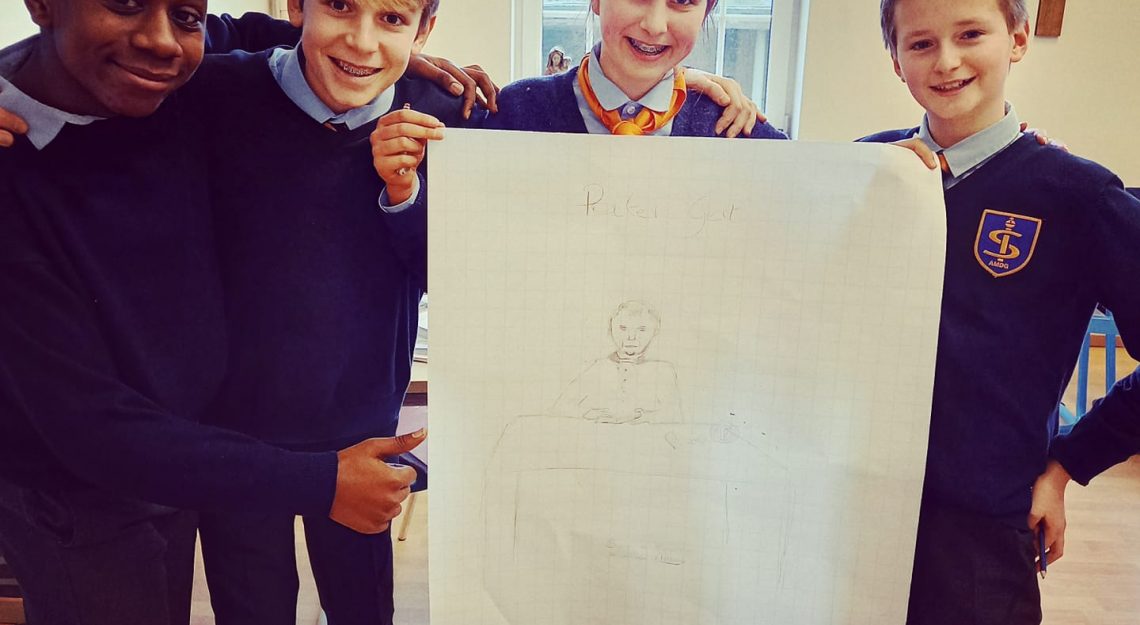
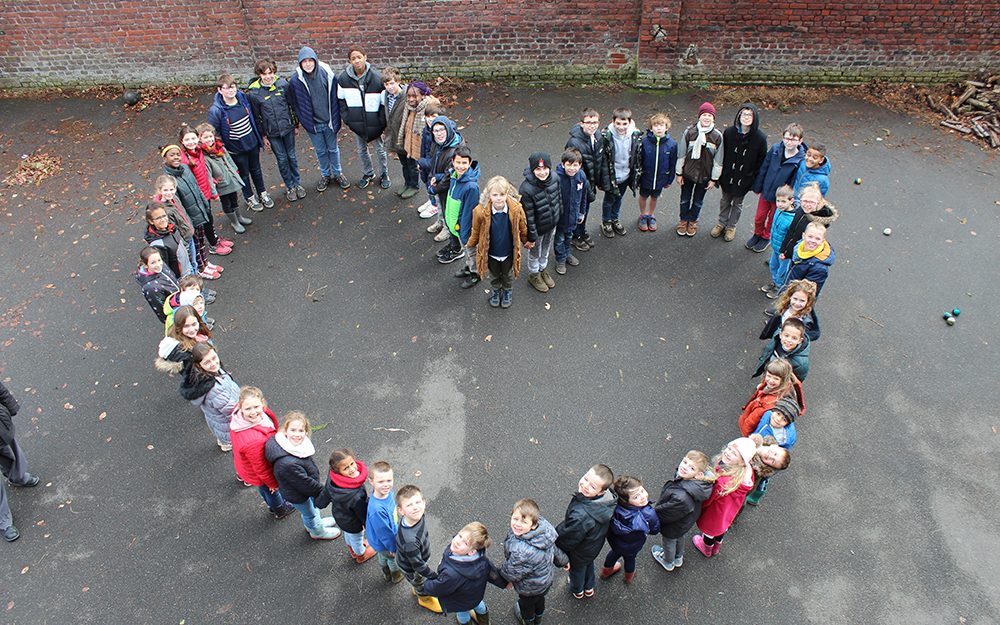
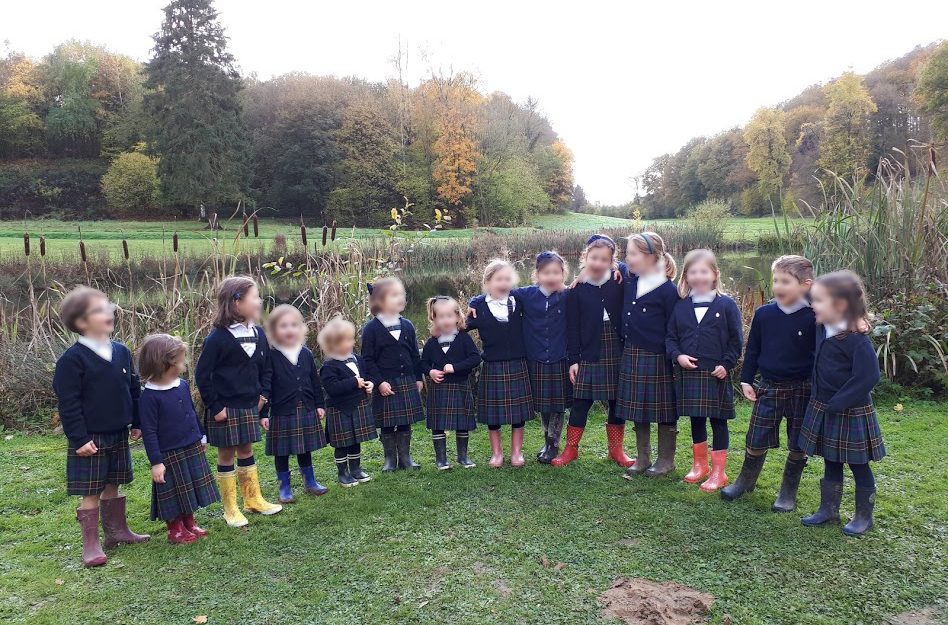
Recent Comments